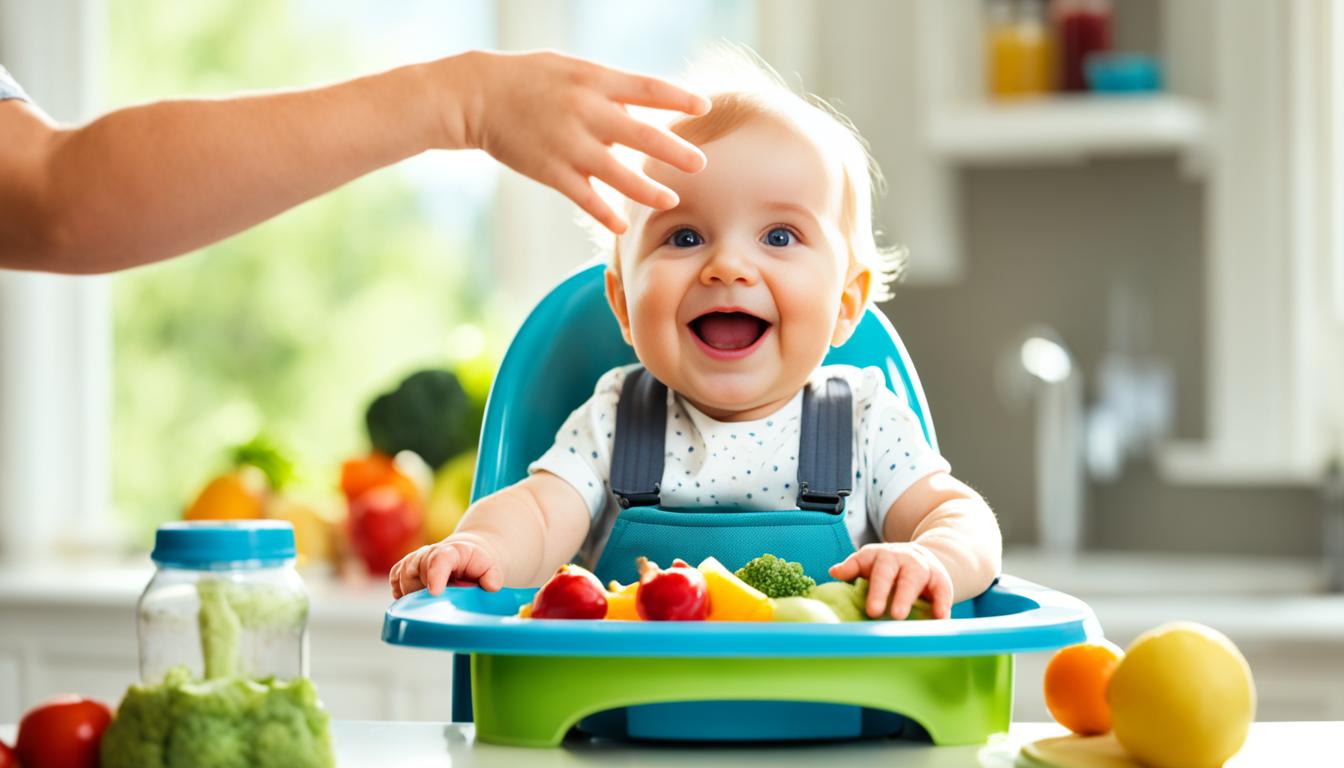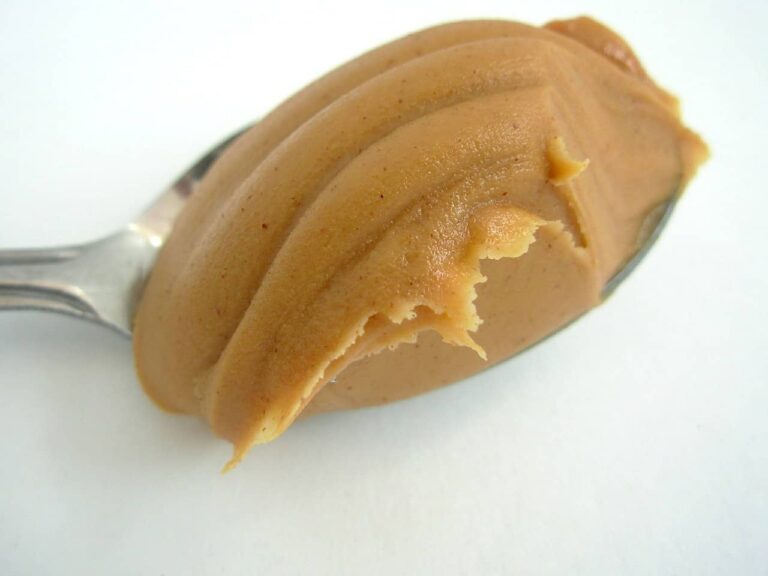Baby Spitting Up Clear Liquid. Is That Normal?
Babies are a messy bunch. (And we mean that in a kind and loving way.) Babies do gross things because their body has yet to be fully developed. Do you expect infants to hold in their pee like adults?
All jokes aside, babies aren’t that great at controlling what their bodies do. So something like spitting up their food can and will happen. But why do babies do this? And more importantly, does it mean something about their health?
Is Spitting Up Normal?
You’ll most likely experience spitting up while you’re feeding your child. Everything is all good once you put your breast or bottle away. But then a pool of milky liquid starts to spill from your kid’s mouth!
But don’t panic. Spitting up is a normal part of a baby’s growth. Messy, but absolutely normal.
Gastroesophageal reflux (or, in layman’s terms, spitting up) happens when milk or food from your baby’s stomach travels up the esophagus. GER is different from GERD. Spitting up is common for babies because their digestive systems haven’t reached maturity.
Spitting up happens when your baby overeats or swallows air while feeding. Spitting up can happen to any baby, but it’s more prevalent with infants who are not yet capable of eating solid food. You’ll see spitting up less when your baby reaches 6 to 12 months.
Is Spitting Up the Same as Vomiting?
Some people might confuse spitting up as vomiting (and vice versa). But spitting up is different from vomiting.
Spitting up is when stomach content flows easily out of the esophagus and mouth. It’s usually accompanied by a burp. Babies don’t feel pain or discomfort when they spit their food out.
On the other hand, vomiting is more forceful and uncomfortable. Babies will experience muscle contraction during vomiting, and more foodstuff will come out of their digestive system.
Vomiting can happen to many babies. Usually, it’s triggered by irritation in the digestive tract, consumption of certain products, stimulation from a nasty scent. Frequent vomiting while feeding or vomiting blood requires pediatric attention.
Why Is My Baby Spitting Up Clear Liquid?
When we think of babies spitting up, we usually think of gooey white opaque liquid. But what if you get clear liquid instead?
Clear liquid is nothing to get alarmed about! Clear spit is a mixture of many things, like saliva, milk, mucus, or all of the above. And for the most part, it’s just a natural part of growing up.
There are many reasons why your baby is spitting up clear liquid. Here are some potential causes:
Gastroesophageal Reflux
Let’s rule out GER first. Your baby could have just had too much milk for breakfast. You’ll also know it’s GER when you get to hear a burp.
Vomiting
Vomiting can also be a reason why your baby is spitting up. Again, it could just be their tummy getting irritated. As long as there is no fever or loss of appetite, things should be fine.
Teething
Do you know that teething can also cause spitting? Your baby’s first teeth are an exciting milestone, but they can also cause discomfort for your child. So expect a lot of drooling to cope with the new chompers.
Sickness
Sometimes, spitting up can be a sign of something more serious. For instance, it can be a sign of a cold. Your child can’t blow their nose just yet, so expect them to pass the mucus out through their mouth.
GER can also be a sign of more serious illnesses. GER might signal allergies, a blockage in the digestive tract, or GERD in rare cases.
Finally, spitting up might be a sign of pyloric stenosis. It is a condition where the pyloric sphincter (a muscle in the stomach) is too thick and narrow. Food has a tougher time entering the small intestine, so there’s no way out but up. Fortunately, this is a rare condition, and it affects 3 out of 1,000 babies in the US.
How Do I Prevent My Baby From Spitting Up?
Spitting up may not be harmful, but it can make junior sticky. While spitting up is sometimes inevitable, you can reduce it from happening.
Avoid Overfeeding
Babies get filled up quickly since their tummies are still tiny. Try feeding them a smaller amount at more frequent intervals.
Give Your Baby a Good Burp More Often
Gas build-up can lead to some nasty spitting up. So before that happens, let your baby burp during and after meals.
Take a Break from Playtime
Playing with your kid after they’ve eaten can make them feel sick. Not to mention, it can cause some extra gas build-up. Let them digest their milk before you pick them up for playtime.
Maybe It’s The Formula
Your baby might not tolerate the formula that you’re giving them. Some babies experience milk-soy protein intolerance (MSPI), making them more likely to spit their formula out. Spitting might be a sign that they need a new alternative.
Difference Between Similac Advance and Pro Advance
Sit Your Baby Up When Feeding
Finally, make it a habit to feed your baby in an upright position. This can help them digest their food better.
Spitting up happens to a lot of infants. However, when they have symptoms like weight problems, discolored spit, loss of appetite, and irritability, then it’s time to call the doctor.
Conclusion
Spitting up liquid is one of the many weird but normal things your baby will do. It’s part of the natural development of their digestive system, and parents shouldn’t worry about the sight of dribbling spit.
Spitting up can be caused by having a little too much milk or gas in your baby’s belly. Other times, it can also be because of teething. In rare cases, it is a symptom of an illness.
You can prevent spitting up in babies by slowing down their feeding and letting them burp frequently. And don’t worry, the spitting usually stops when your kid can have solid food.
Spitting up is a part of growing up for many healthy kids. Almost every parent has to watch as their kids drool after eating. Just make sure you didn’t forget to have a bib on them.










